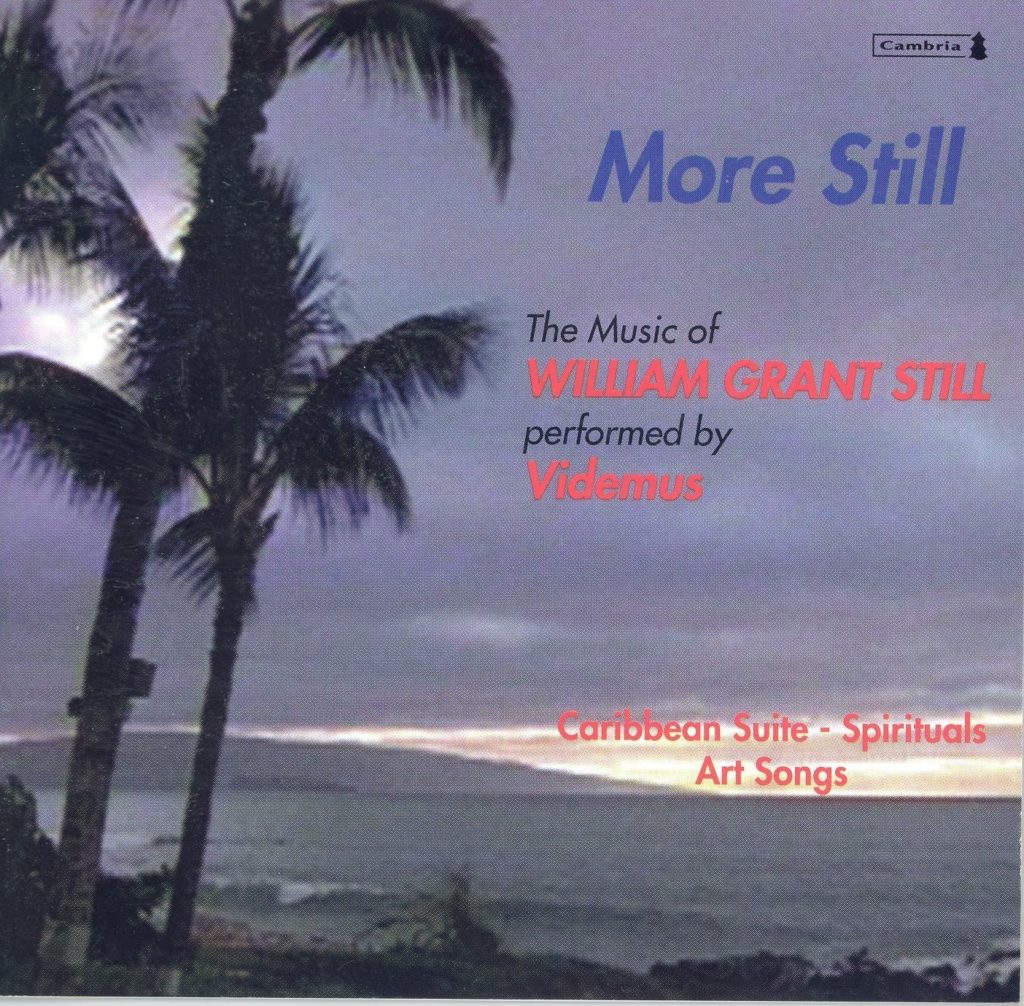Audio
Track:
About
William Grant Still was “the only man of his race to abandon the past on one hand, to cling to it successfully on the other, and to make a successful and original artistic cohesion of the two” (Forsythe 280). He was born on May 11th, 1895 in Woodville, Mississippi. However, following his father’s death when Still was only three months old, his mother decided to move them back to her family home in Arkansas. This was where Still received his first musical exposure. His grandmother would sing spirituals and hymns around the house.
After graduating as valedictorian of his class at age sixteen, Still enrolled at Wilberforce College (now Wilberforce University), but would later drop out to pursue music instead. He transferred to Oberlin College, but had to take some time off in the middle of his studies to serve in the Navy during World War I. He would eventually go on to receive degrees in violin and composition from Oberlin College and then New England Conservatory. Following college in the early 1920s, William Grant Still moved to New York right when the Harlem Renaissance was beginning. He began arranging music for performers such as Artie Shaw and W.C. Handy. Handy would go on to be a great mentor to Still, but eventually Still realized that popular music was not the path he wanted to go down. While he was living in New York, he also had the opportunity to play oboe in Broadway pit orchestras. He worked with W.C. Handy on shaping “‘classic’ blues” (Smith 69) in musicals such as Runnin’ Wild, Rain or Shine, and Earl Carrolls Vanities of 1928. George Whitefield Chadwick and Edgar Varèse also served as Still’s mentors at this time in composition.
Oddly enough, after experimenting in many musical fields, Still ultimately referred to himself as “conservative.” (Smith 75) However, by the late 1920s, William Grant Still had turned his full attention to classical compositions.
One of his first great accomplishments came in 1931 when his work Afro-American Symphony became the first major work written by an African American to be performed in front of an American audience. He was also the first black conductor to lead a major symphony in the United States, and the first African American to conduct an all-white orchestra in the Deep South.
The majority of his compositions were orchestral, however he also composed vocal works such as Songs of Separation and Song For the Lonely, operas such as Costaso and Blue Steel, ballets such as Sahdji and La Guiablesse, as well as chamber music and choral sacred music.
In 1934, Still moved to the West Coast, and married Verna Arvey. Together, they had two children who both went on to have successful careers. Once in Los Angeles, Still began composing for film. He served briefly as music director for Stormy Weather at Twentieth Century Fox, but he ended up leaving over “the issue of how African Americans and their music should be represented in film” (Smith 81).
Additionally in 1934, Still was awarded the Guggenheim Fellowship which he then extended twice. During this time, writer Ruby Berkeley Goodwin “approached him with several short stories she had built around familiar and unfamiliar Spirituals” (Arvey 330). She wanted him to create new arrangements for a list of twelve Spirituals with a new unique sound. Up until this point, Still had purposely not arranged any Spirituals because he felt that too many black composers “had won fame purely as arrangers of Spirituals and not on creative efforts, and because a great many people harbored the delusion that their work should stop there” (Arvey 330).
In 1939, William Grant Still was commissioned to compose for the New York World’s Fair. As a response to being the first African American to win the commission, Still said “It seems to me that this must be the first time, musically speaking, that a colored man has ever been asked to write something extremely important that does not necessarily have to be Negroid, and I must admit that I can’t help but be proud of the distinction” (Smith 74). In the same year, Still collaborated with poet Langston Hughes to create the opera Troubled Island which depicts the story from “revolution that ended slavery in Haiti” (Smith 74).
Still would eventually become known as the “Dean of Afro-American composers.” However, along with his successes, he had numerous musical hardships. He was fired from Columbia Pictures; Blue Steel and Troubled Island were both dismissed from the Metropolitan Opera; there was a gap of fifteen years before another one of his operas was heard; and he struggled with poverty in the 1950s and 1960s.
As a whole, Still’s musical career was incredibly successful. By the end of his life, he had composed five symphonies and eight operas. He passed away on December 3, 1978 at the age of eighty-three.
–Rikki Morrow-Spitzer (Christie Finn, ed.)
This biographical essay is made possible because of the Song of America Initiative for African-American Classic Song, a collaboration between the Hampsong Foundation and Dr. Scott Piper’s Winter 2016 course “The Art Songs of African American Composers” at the University of Michigan in Ann Arbor.
Bibliography:
Arvey, Verna. “William Grant Still.” William Grant Still: A Study in Contradictions. Ed. Catherine P. Smith. Berkeley, CA: University of California Press, 2000. Print.
Forsythe, Harold Bruce. “William Grant Still: A Study in Contradictions.” William Grant Still: A Study in Contradictions. Ed. Catherine P. Smith. Berkeley, CA: University of California Press, 2000. Print.
Smith, Catherine P. William Grant Still: A Study in Contradictions. Berkeley, CA: University of California Press, 2000. Print.
Still, Judith A., Celeste A.Headlee, Lisa M. Headlee-Huffman, and Robert B. Haas, eds. William Grant Still and the Fusion of Cultures in American Music. 2nd ed. Flagstaff, AZ: Master-Player Library, 1995. Print.
Still, Judith Anne. William Grant Still: A Voice High-Sounding. Flagstaff, AZ: Master-Player Library, 2003. Print.
Still, William Grant, and Judith Anne Still. My Life, My Words: The Autobiography of William Grant Still, American Master Composer. Flagstaff, AZ: Master-Player Library, 2011. Print.
Related Information
Songs
A Black Pierrot
William Grant Still
Langston Hughes
From the Hearts of Women
Song CollectionWilliam Grant Still
Verna Arvey
Grief
William Grant Still
LeRoy V. Brant
If You Should Go
William Grant Still
Countee Cullen
Song Collection: Songs of Separation
Idolatry
William Grant Still
Arna Bontemps
Song Collection: Songs of Separation
Parted
William Grant Still
Paul Laurence Dunbar
Song Collection: Songs of Separation
Song for the Lonely
William Grant Still
Songs of Separation
Song CollectionWilliam Grant Still
Arna Bontemps
Paul Laurence Dunbar
Countee Cullen
Langston Hughes
The Breath of a Rose
William Grant Still
Langston Hughes
Recordings
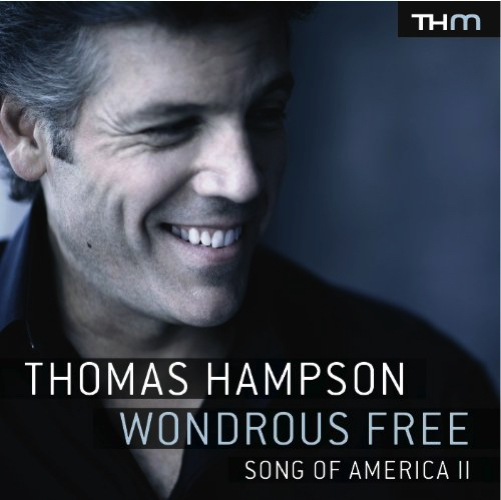
Wondrous Free
(Leonard Bernstein, Paul Bowles, John Alden Carpenter, John Woods Duke, Stephen Foster, Sidney Homer, Francis Hopkinson, Charles Ives, Edward MacDowell, William Grant Still and Elinor Remick Warren)
2009
View recording
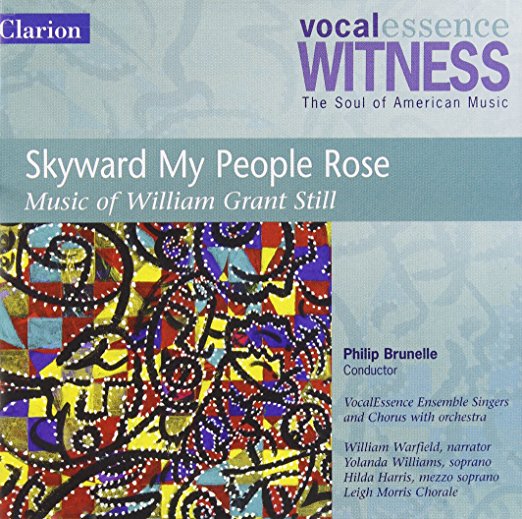
Still: Skyward My People Rose
(William Grant Still)
2004
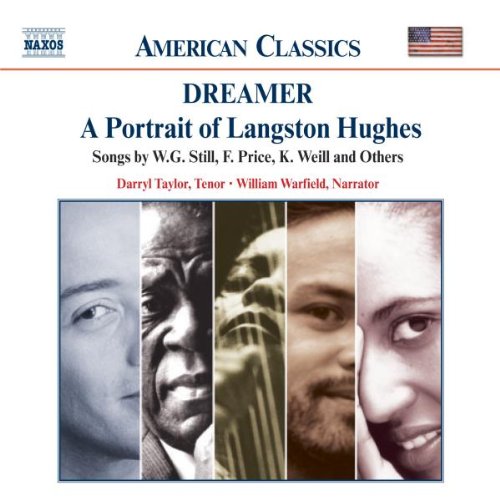
Dreamer - A Portrait of Langston Hughes
(Margaret Bonds, William Grant Still, Kurt Weill, Henry T. Burleigh, Robert Owens, John Musto, Ricky Ian Gordon, Howard Swanson, Jean Berger, Erik Santos and Florence Price)
2001
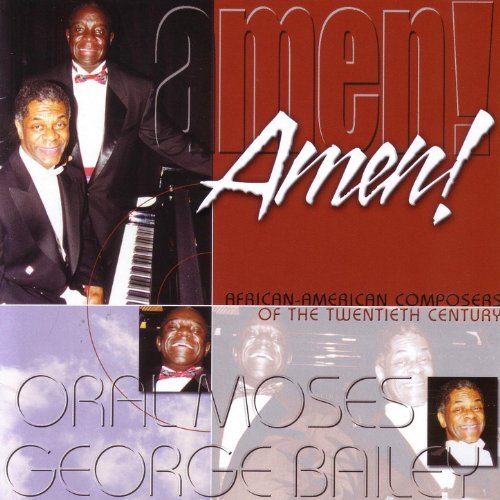
African-American Composers of 20th Century
(Henry T. Burleigh, Robert Owens and William Grant Still)
2000
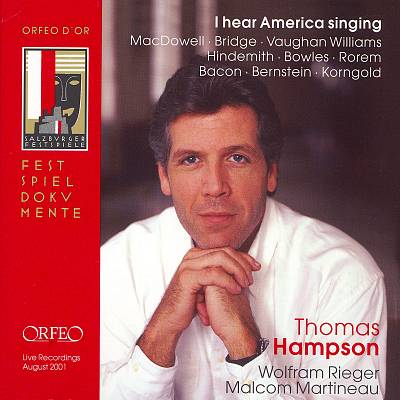
I Hear America Singing
(Ernst Bacon, Jean Berger, Paul Bowles, Henry T. Burleigh, Stephen Foster, Ernest Gold, Charles Griffes, Richard Hageman, Sergius Kagen, Charles Martin Loeffler, Edward MacDowell, Charles Naginski, John Jacob Niles, Hermann Reutter, Frédéric Louis Ritter, Ned Rorem, William Grant Still, Hugo Weisgall and Tennessee Williams)
2001
View recording
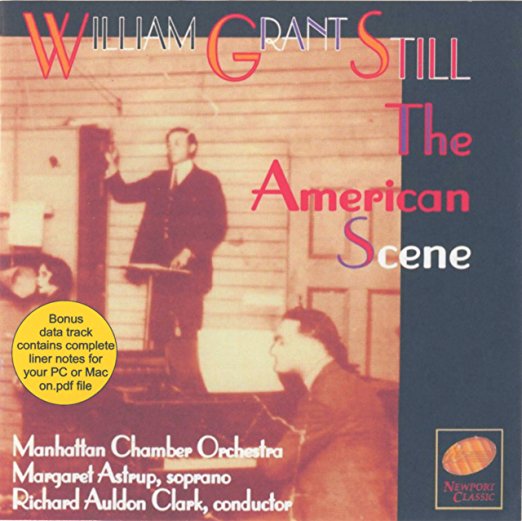
William Grant Still: The American Scene
(William Grant Still)
1995
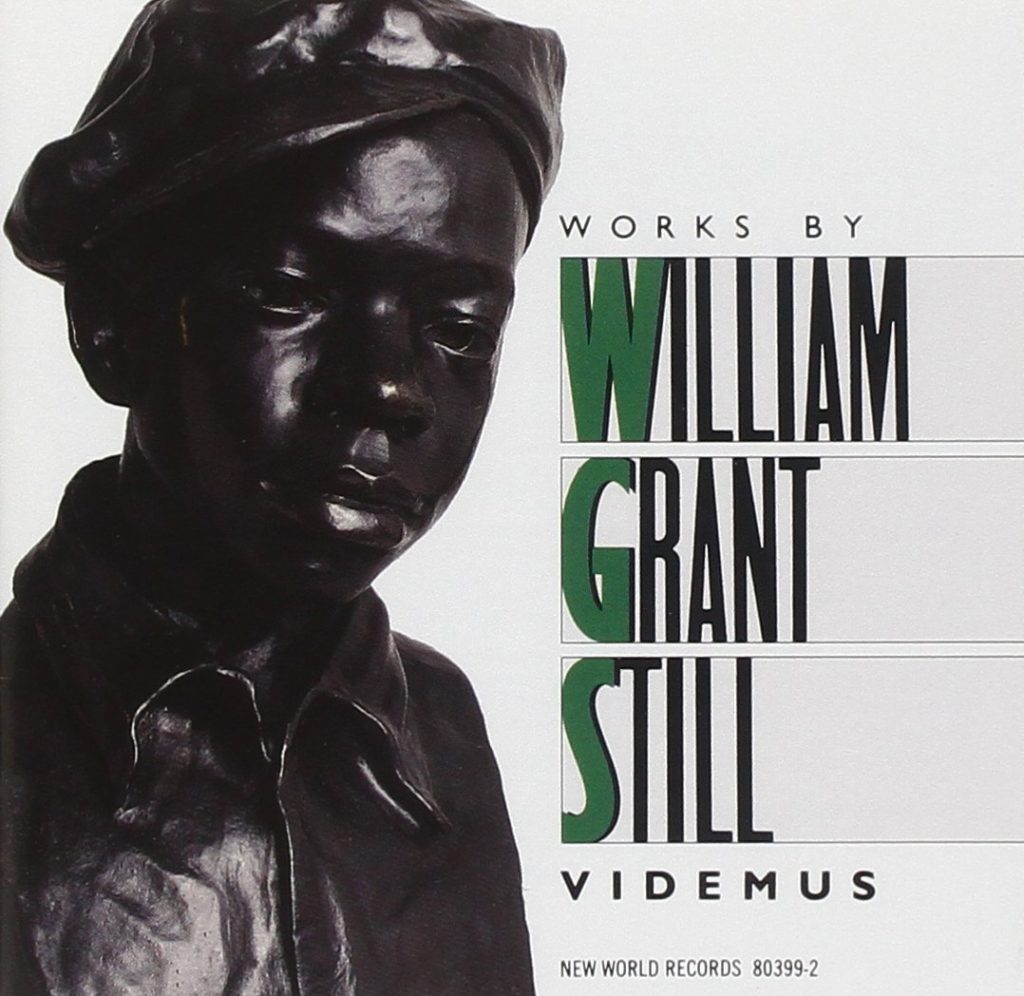
Works By William Grant Still
(William Grant Still)
1992
Books
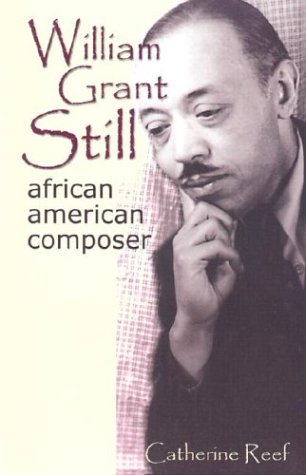
William Grant Still: African-American Composer
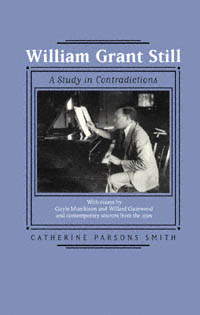
William Grant Still: A Study in Contradictions
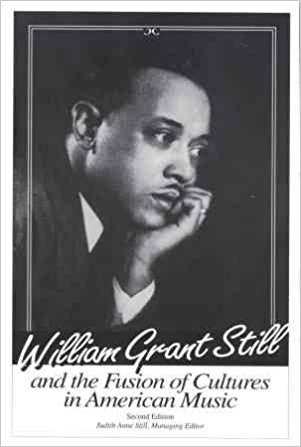
William Grant Still and the Fusion of Cultures in American Music
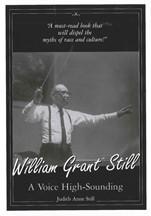
William Grant Still: A Voice High-Sounding
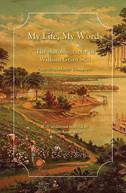
My Life, My Words: The Autobiography of William Grant Still
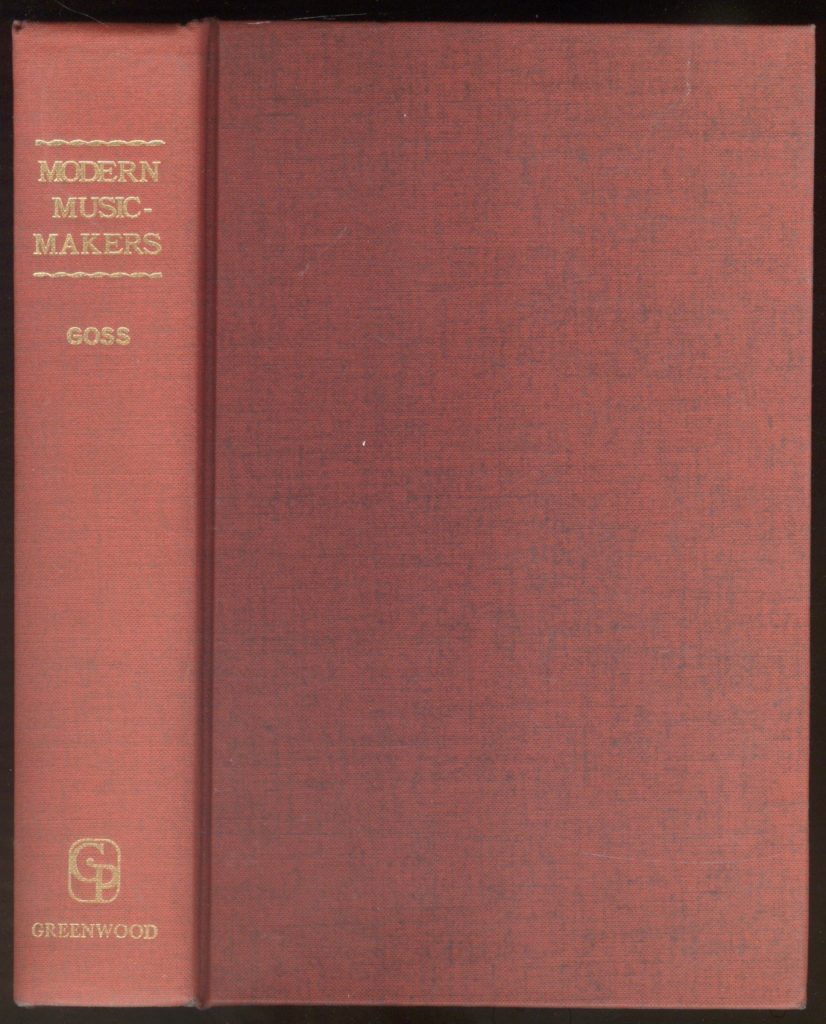
Modern Music-Makers: Contemporary American Composers
Originally published in 1952, this volume is dated but does contain a thorough biography, chronology, and catalog for many important song composers, including Charles Ives, John Alden Carpenter, Marion Bauer, William Grant Still, Virgil Thomson, Aaron Copland, Lousie Talma, Samuel Barber, William Schuman, and Leonard Bernstein.
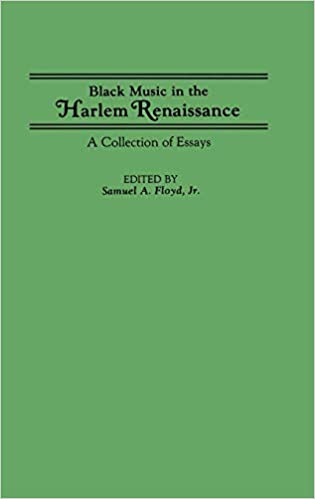
Black Music in the Harlem Renaissance: A Collection of Essays
This collection from 1990 includes chapters about Robert Nathaniel Dett, Duke Ellington, interactions between writers, artists, and music during the Harlem Renaissance, and Rae Linda Brown's chapter "William Grant Still, Florence Price and William Dawson: echoes of the Harlem Renaissance," as well as an extensive bibliography.
Sheet Music
From the Hearts of Women
Composer(s): William Grant Still
Voice Type: Soprano
Buy via William Grant Still MusicAnthology of Art Songs by Black American Composers, Compiled by Willis C. Patterson
Composer(s): H. Leslie Adams, David Baker, Margaret Bonds, Charles Brown, Cecil Cohen, Noel de Costa, Mark Fax, Adolphus C. Hailstork, Eugene Hancock, Thomas Kerr, Jr., Charles Lloyd, Jr., Wendell Logan, Maurice McCall, Dorothy Rudd Moore, Undine Smith Moore, Robert Owens, Coleridge-Taylor Perkinson, Florence Price, Hale Smith, William Grant Still, Howard Swanson, George Walker, Olly Wilson, John Work, Jr.
Song(s): For You There is No Song (H. Leslie Adams)
Early in the Mornin' (David Baker)
A Good Assassination Should Be Quiet (David Baker)
Status Symbol (David Baker)
Three Dream Portraits: Minstrel Man; Dream Variations; I, Too (Margaret Bonds)
The Barrier (Charles Brown)
Song Without Words (Charles Brown)
Death of an Old Seaman (Cecil Cohen)
Two Songs for Julie Ju (Noel da Costa)
Cassandra's Lullaby (Mark Fax)
Love (Mark Fax)
A Charm at Parting (Adolphus C. Hailstork)
I Loved You (Adolphus C. Hailstork)
Absalom (Eugene Hancock)
Nunc Dimittis (Eugene Hancock)
Riding to Town (Thomas Kerr, Jr.)
Compensation (Charles Lloyd, Jr.)
If There Be Sorrow (Wendell Logan)
Marrow of My Bone (Wendell Logan)
Chanson Triste (Maurice McCall)
Sweet Sorrow (Maurice McCall)
Weary Blues (Dorothy Rudd Moore)
Love Let the Wind Cry...How I Adore Thee (Undine Moore)
Faithful One (Robert Owens)
Genius Child (Robert Owens)
A Child's Grace (Coleridge-Taylor Perkinson)
Melancholy (Coleridge-Taylor Perkinson)
Night (Florence Price)
Song to the Dark Virgin (Florence Price)
Velvet Shoes (Hale Smith)
Grief (William Grant Still)
A Death Song (Howard Swanson)
I Will Lie Down in Autumn (Howard Swanson)
The Negro Speaks of Rivers (Howard Swanson)
Lament (George Walker)
A Red, Red Rose (George Walker)
Wry Fragments (Olly Wilson)
Dancing in the Sun (John Work, Jr.)
Soliloquy (John Work, Jr.)
Song for the Lonely
Composer(s): William Grant Still
Voice Type: Medium Voice
Buy via Theodore Front Music Literature

